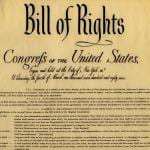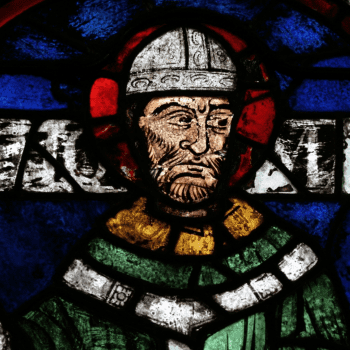For many reasons, religious beliefs have greatly influenced American public policy and political elections. Because of its demographics and history, the United States has numerically more Christians (and more Protestants) than any other country in the world. There are nearly 313 million people in America, making the United States the third most populous country in the world.
According to the 2012 U.S. Census, three quarters of Americans claimed adherence to the Christian faith. Whether or not they understand Christianity or are genuine believers is another matter.
Of those who identify as Christians they associate with various affiliations:
- 140 million are nondenominational,
- 62 million are Catholic,
- 40 million are Evangelical Protestants and 26 million are Mainline Protestants.
The states with the greatest number of religious congregations are Texas, California, and Pennsylvania.
The next largest group categorized by the Census is comprised of those who identify as having no religion. Following this group are those who identify as Jewish, Agnostic, Atheist, Muslim, Buddhist, and Hindu.
For many reasons, people’s values and belief systems motivate their involvement (or lack there of) in various levels of the political process. According to a Public Religion survey, 39 percent of respondents said presidential candidate holding strong religious beliefs was very important to them; 28 percent surveyed said it was somewhat important.
Because the majority of Americans have historically identified as Christians, it’s no surprise that every U.S. president has also identified as Christian. The majority has been Protestant, and of those, the majority has been Presbyterian and Episcopalian. Several presidents were unaffiliated with a particular faith, such as Abraham Lincoln, Thomas Jefferson, Andrew Johnson, and Rutherford B. Hayes. The only Catholic president was John F. Kennedy.
Although 20 percent of Americans believe former president Barack Obama is Muslim, he identified as Christian and was a member of the United Church of Christ for twenty years. His vice president, Joseph Biden, became the first vice president to identify as Roman Catholic. All previous vice presidents identified as Protestant. There has never been elected a president or vice president who has identified as Jewish, Muslim, Buddhist, or member of another faith.
Similarly, the majority of Congress identify as Protestant Christians. Of the 535 members of the 112th Congress, 57 percent identify as Protestants, 29 percent as Catholics, and seven percent as Jews. One percent identify as unaffiliated with any faith.
Of the 112th Congress, the majority of Congressional Republicans are Protestant; there were no Jewish Republican Senators or Congressmen. Among Democrats, less than half self-identify as Protestant. There are more Democratic Catholics than Republicans; fifteen percent of Congressional Democrats are Jewish.
The first Muslim Congressman (D-MN) and the first Buddhist Congressmen (D-GA & HI) were seated in 2007. Tulsi Gabbard (D-HI) was the first Hindu Congresswoman seated in 2012.
Compared to the Presidency and Congress, the Supreme Court is the least representative numerically in proportion to the religious makeup of the American population. Since the court’s founding in 1789 there have been 112 justices. Of those, 91 have been Protestant, 12 have been Roman Catholic, eight have been Jewish, and one had no known religious affiliation. Three of the 17 chief justices have been Roman Catholic; the rest have been Protestant.
Since 2010, for the first time in American history, there is no Protestant justice on the bench. The Supreme Court is entirely comprised of Catholics and Jews. Justices Samuel Alito, Anthony Kennedy, John Roberts (the third Catholic Chief Justice), Antonin Scalia, Sonia Sotomayor, and Clarence Thomas are Roman Catholic. Stephen Breyer, Ruth Bader Ginsberg, and Elena Kagan are Jewish.
There has never been a known atheist among the court; only one professed to be agnostic. Likewise, Muslims, Hindus, and Buddhists have never been represented on the court.












